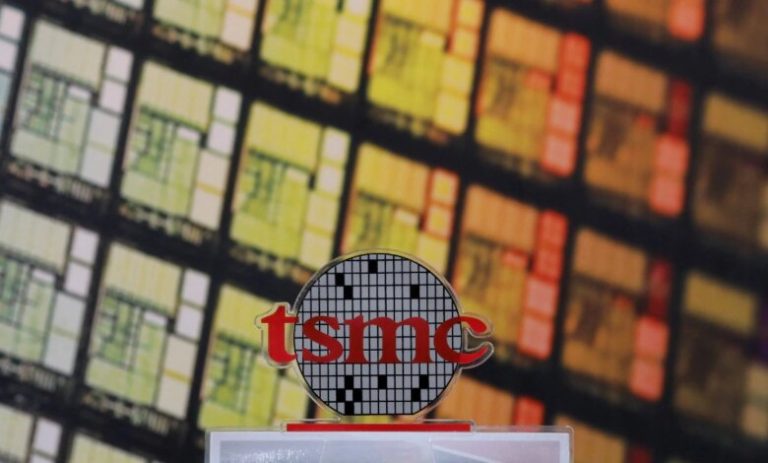
Taiwan has added China’s Huawei Technologies and Semiconductor Manufacturing International Corporation (SMIC) to its list of entities subject to strict export controls, dealing a major blow to Beijing’s ambitions of building a world-class domestic semiconductor industry.
The decision, announced by Taiwan’s Ministry of Economic Affairs on June 10, places Huawei and SMIC—along with 599 other entities from countries including Russia, Iran, Pakistan, and Myanmar—on its Strategic High-Tech Commodities (SHTC) export control list. The companies and their subsidiaries are now classified as “high-risk” entities. Taiwanese exporters will be required to seek government approval before shipping plant construction technologies, advanced chipmaking materials, or equipment to them.
According to Taiwan’s International Trade Administration, the measure is part of an effort to combat arms proliferation and protect national security. But analysts say it marks a significant tightening of the global chokehold on China’s chip sector and could complicate ongoing efforts by the government in Beijing to reduce its dependence on foreign technologies.
Register for Tekedia Mini-MBA edition 19 (Feb 9 – May 2, 2026).
Register for Tekedia AI in Business Masterclass.
Join Tekedia Capital Syndicate and co-invest in great global startups.
Register for Tekedia AI Lab.
“This update targets entities that are directly or indirectly involved in the development of technologies that could pose risks to regional and global stability,” the Taiwanese trade agency said in a statement.
The development is expected to seriously hamper China’s goal of building a self-sufficient semiconductor supply chain. Huawei, already facing heavy U.S. sanctions since 2019, had turned to local partners like SMIC to continue developing its advanced chips using less sophisticated tools and materials still accessible under global trade laws. Taiwan’s new restrictions now threaten to shut down yet another critical pipeline of industrial-grade tools and chipmaking know-how to both companies.
Bloomberg, citing trade officials and industry insiders, reports that Huawei and SMIC will now lose access to Taiwan’s high-end plant construction technologies, chemicals, and manufacturing equipment—essentials for scaling up next-generation AI chip fabrication. This comes at a time when China is making a renewed push to position itself as a leader in artificial intelligence and supercomputing, areas that heavily rely on advanced semiconductors.
Aligning with Washington
Taipei’s decision follows months of increased alignment with U.S. policy goals. Washington has repeatedly called on allies to tighten restrictions on tech exports to China, particularly in sensitive areas like artificial intelligence, advanced computing, and chipmaking. Taiwan’s new controls mirror U.S. sanctions that already bar American firms and their global suppliers from selling equipment to SMIC and Huawei unless specifically licensed.
Earlier this year, the U.S. also pressured TSMC, Taiwan’s most important chip foundry, to halt the sale of chips to Huawei’s AI units. With Taiwan now formally codifying export controls to prevent backdoor access to sensitive technologies, the international campaign to isolate China from advanced chipmaking capabilities appears to be entering a new phase.
Taiwan’s Ministry of Economic Affairs has also cited rising cases of cyberattacks and attempts to poach semiconductor talent as part of its justification for the export control expansion. In recent years, Taiwan has seen a growing number of espionage cases linked to China, with several former employees of leading tech firms accused of stealing chip designs and industrial secrets.
The government has introduced legislation to crack down on technology theft and bolster corporate cybersecurity—part of a wider effort to protect its status as the world’s most advanced semiconductor hub.
Beijing’s Chip Drive at Risk
In China, state-backed funds have poured tens of billions of dollars into local chip firms, and recent breakthroughs—such as Huawei’s in-house development of the 7nm Kirin 9000S chip—have been hailed as milestones.
But industry experts warn that progress remains fragile and vulnerable to supply disruptions.
The inclusion of SMIC and Huawei on Taiwan’s controlled export list is expected to slow the pace of China’s advances in AI chips and 5G processors. With limited access to foreign equipment, and fewer avenues for acquiring advanced materials, the road to semiconductor independence may prove longer and more expensive than previously anticipated.



